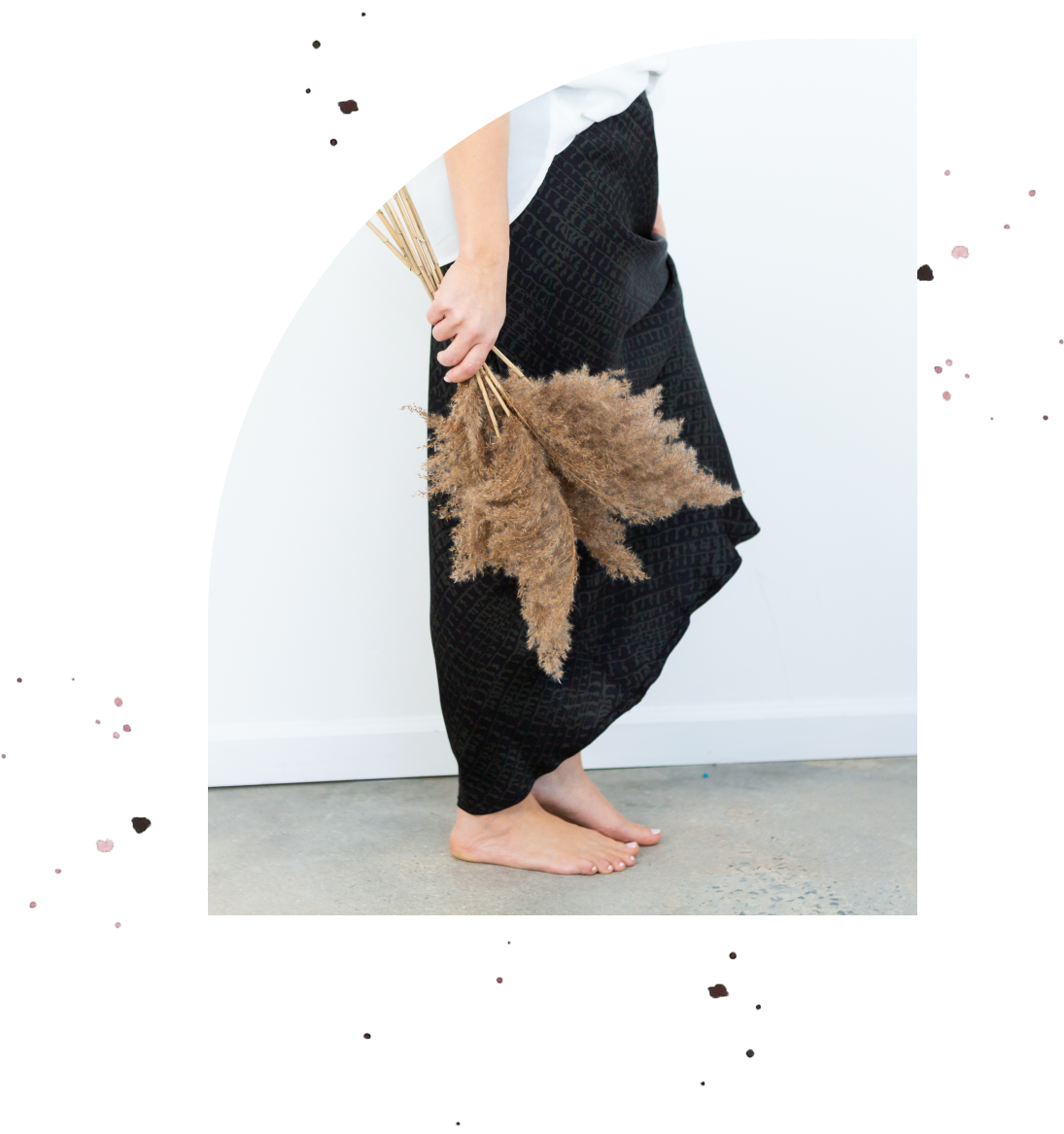At first glance, it might seem pretty straightforward – the way our surroundings affect our well-being is crucial. But it’s not just about who you share your space with or the decor style you pick. It’s deeper than that. Here we take a closer look at this connection. It’s all about finding out how to make your space do more than just please the eye – it should make you feel at your best because your home should be a place that not only looks beautiful but makes you feel truly great as well.
Meet Neuroaesthetics – a fresh field of study that dives into how our brains react to our surroundings on a visual level. Susan Magsamen, founder of the International Arts + Mind Lab, Center for Applied Neuroaesthetics, states, “Aesthetic experiences and their effects on our minds and bodies transcend merely the biological activity of brain regions. They involve elaborate and sophisticated neural networks that forge enhanced connectivity.” This reinforces the essential role of intentional design in nurturing our mental and emotional health, creating spaces that truly resonate with us.
When it comes to shaping a space, we embrace neuroaesthetics with a personalized twist. Our approach is deeply influenced by our founder, Blanche Garcia, who overcame a pivotal life-changing event in 2020. During her journey of healing and self-discovery after the birth of her daughter, she established routines and embraced design principles that significantly enhanced her well-being.
Many of these principles are aligned with the neurodivergent lifestyle, a reflection of our founder who is neurodivergent herself. We understand that creating a truly comfortable space involves catering to sensory needs as well. Therefore, our design philosophy is holistic: it considers every detail of the environment—including the person living in it.

Good lighting can change everything. We like to keep it adaptable with layered lighting solutions including sconces, floor lamps, and adjustable brightness. This helps improve mood and productivity. Our designs often include Circadian Lighting to mimic natural light rhythms, making you feel more awake or relaxed depending on the time of day.
Being too hot or too cold can be more than an annoyance—it can significantly affect focus and comfort for someone who is neurodivergent. Adjustable elements like insulated curtains and functional windows help create a stable and comfortable environment conducive to relaxation and concentration.
Studies from neuroaesthetics show that art can make us feel good inside. Art that resonates personally can provide a calming focal point and reduce anxiety. The right pieces can act as a visual anchor, making a space more welcoming and safe for those who might feel overwhelmed by their surroundings.
The paint of a room’s walls can have an impact on mood and cognitive function. Soft, muted colors are typically more calming than bright or bold ones—try to use pops of color in the right spots instead of saturating your space with it. Matte finishes are preferable to glossy ones as they reduce glare. Opting for low VOC (Volatile Organic Compounds) paint can significantly improve indoor air quality, making the environment safer and more comfortable for everyone.
These are areas designed for breaks and relaxation, allowing individuals to recharge when feeling overwhelmed or overstimulated. These spaces can be equipped with comfortable seating, soothing sensory elements (like weighted blankets, aroma therapy, etc.), and low dimmable lighting. The ability to retreat to this kind of space can be an invaluable tool for managing stress.
Adding elements of nature into your home has proven health benefits, like lowering stress and improving mental focus. We integrate plants and maximize natural light to bring these benefits into your everyday environment. Research by Dr. Tove Fjeld and his colleagues has shown, ‘The presence of plants in indoor environments can significantly reduce stress, lower blood pressure, and improve concentration and productivity.’
A quiet space is a peaceful space. Noise control is often a high priority in designing for the neurodivergent community. Using materials that dampen sound can create a quieter, less distracting environment, crucial for those with auditory sensitivities. We incorporate materials like acoustic panels, thick carpets, and special window treatments to keep unwanted noise out and create a more serene living area.